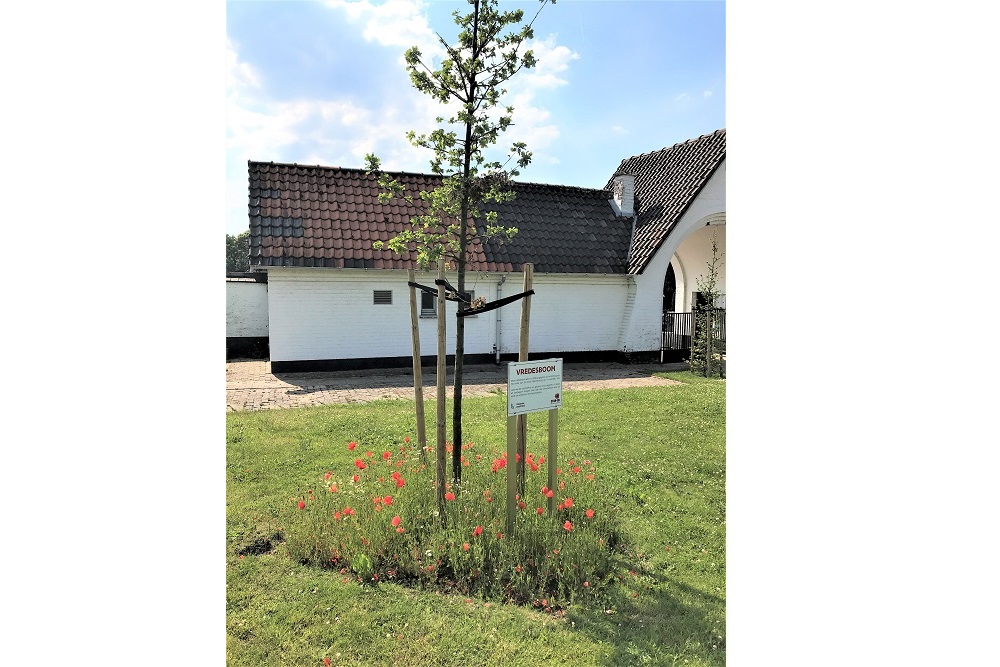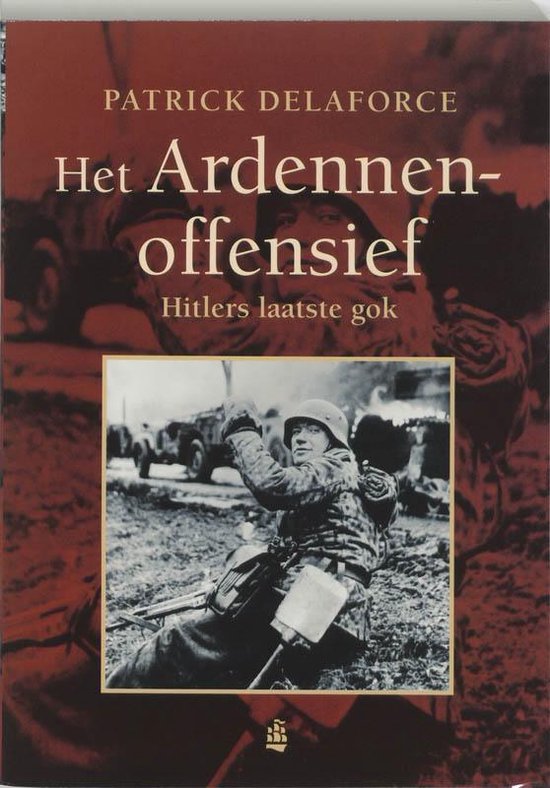Peace Tree Lede
A peace tree was planted at the entrance to the cemetery to commemorate the end of the First World War on November 11, 1918.
Symbolically poppies were sown at the base of the peace tree.
"The poppy, a symbol of war commemoration.
The symbol stems from the idea that the plant grows in places where someone has been murdered: the flower would absorb the blood of the fallen soldier, giving it a beautiful red color. This was long thought to be the reason why so many poppies could be found on battlefields. Although the roses actually have nothing to do with the fallen soldiers, the symbol is not that far fetched. The massive growth of poppies on battlefields has everything to do with the destruction of those fields. Because of the many shells, the fields are turned over and polluted. A poppy is a pioneer plant, which means that it will be the first to grow in freshly turned or polluted, poor soil where other plants will have a harder time. When a field is rooted, by a farmer or a grenade, the seeds that have been in the ground for years will come up, resulting in one beautiful big poppy glow.
The flower thus remains a beautiful symbol of the strength and beauty that can grow from complete destruction ".
Source: Science blog biology - history
Do you have more information about this location? Inform us!
Source
- Text: Marie-Christine Vinck
- Photos: Marie-Christine Vinck
Related books
Nearby
Point of interest
- Memorial Route 100 years Great War - Information Board 21 - Berlare
- Memorial Route 100 years Great War - Information Board 22 - Berlare
- Memorial Route 100 years Great War - Information Board 23 - Berlare
Monument
Cemetery
- Belgian War Graves Lede - Lede
- Memorial Frans Rottiers Lede - Lede
- Belgian Graves Veterans Lede - Lede
Remembrance Stone
- Stumbling Stone Wanzelesteenweg 13 - Wichelen
- Stumbling Stone Wanzelestraat 20 - Wichelen
- Stumbling Stone Boterhoek 17 - Wichelen










